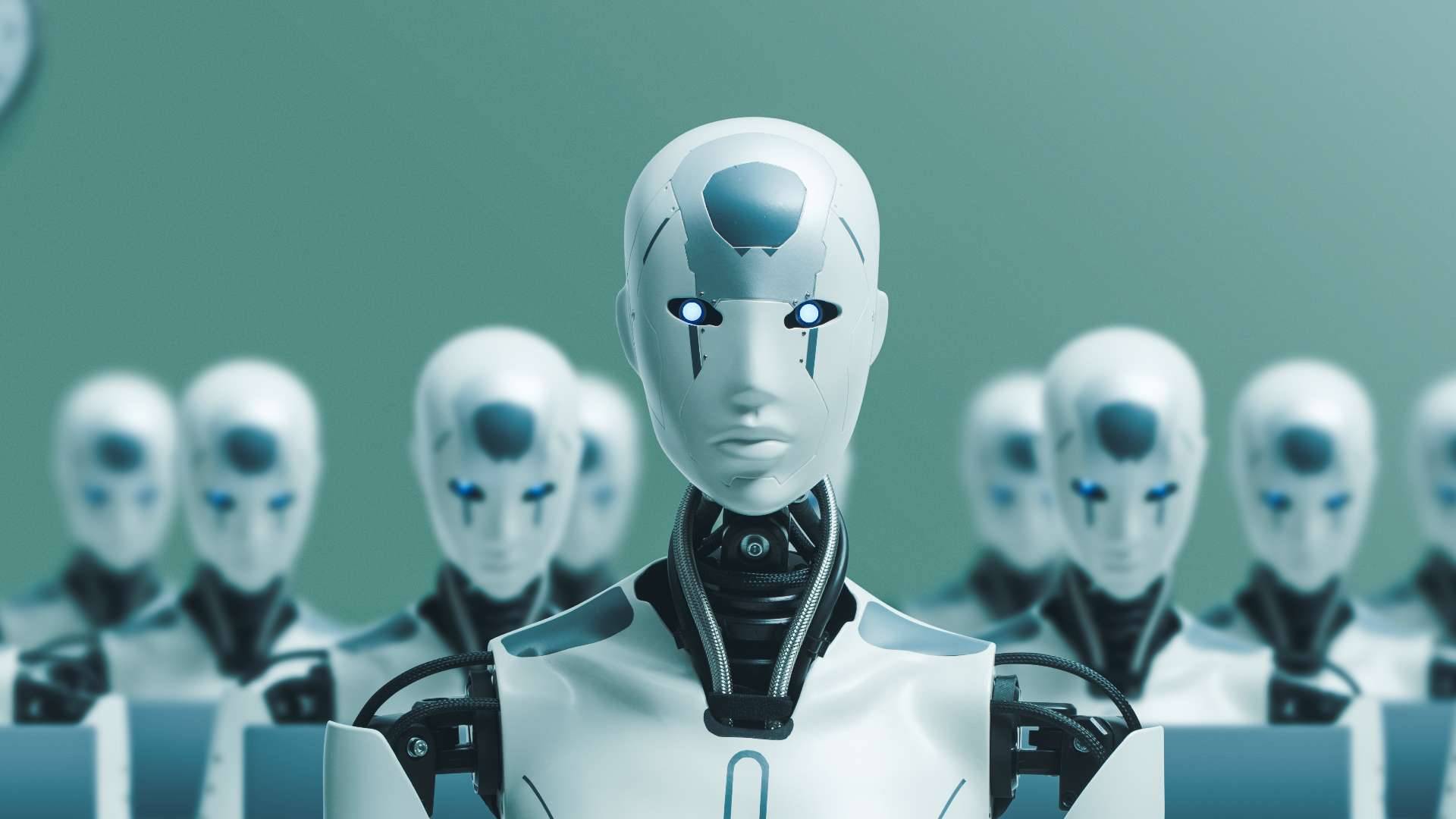
Tech-Enabled Job replacement and advancement
ARTICLES | May 25, 2023
Technological advances are expected to create 20-100 million new jobs globally. 85% of jobs in 2030 don’t exist yet. 85 million jobs globally could be replaced by automation, in manufacturing, data entry, transport, and other repetitive tasks. More than 80% of corporate executives are transforming their businesses into digital organizations. 50% are using automation to replace their jobs. 43% of executives are starting to reduce the size of their workforce. 41% are considering hiring employees on a project basis.
The increasing role of technology in the global job market is both an opportunity and a challenge. Artificial intelligence, blockchain, experience-enhancing technologies are leaping ahead and being widely used in many industries. Workers around the world are trying to gain additional skills such as critical thinking, analyzing and solving complex problems, creative adaptation to changes. Multi-potential people or those focused in creativity are trying to master technology. Employees in operating system developers are also being pushed to develop social interaction skills. McKinsey Global Institute predicts that by 2030, more than 375 million people, or about 14% of the global labor market, will switch into a new line of work.
Future human resource management policymakers need to keep an eye on, plan, and formulate organizational strategies in line with changes. It's not just about changing the list of required qualifications to recruit new employees but also includes skills development and learning styles for employees and executives within the organization to stay up-to-date with changes and ready to cope with future challenges (In-time Upskill & Reskill).
HR has to review its own work roles too. What kind of work should be reduced? Which groups of work should be given more importance? Some positions have to be reformulated, including how organizations can have the structure to survive, adapt, and lead, keeping up with and getting ahead of the current situation and the future.
Implications for the future:
- Organizations that try to adapt to keep up with the future but cannot manage learning for employees to adapt will face human resource management problems, leading to widespread layoffs or resignations.
- Many of the skills that are needed in the future will need to be transferred from executives to support staff. Organizational skills development may be elevated to a more important cross-functional and job-level learning exchange area.
- More diverse future learning styles have made learning and experience design positions more popular in the job market.
- Risk management work must pay more attention to human resources within the organization and must work closely with HR to clearly assess the return on investment in employee skill development.
- Governments that want to digitize the domestic economy and labor market need to formulate policies and support the corresponding infrastructure to enable workers and organizations to adapt to the situation and national economic goals.
- Bringing older workers back into the labor market will be more carefully considered in many dimensions. Skill development for workers of all ages especially the elderly must be prepared for.
- The pressure from the rapid development of artificial intelligence in creative industries will cause debate about the employment nature of freelancers, their expectations of achievement, copyright issues including extensive work ethics.
- Educational institutions will compete to present a teaching and learning model to develop the potential and identity of the students to be able to live and earn money in the future world.
- Group work that requires working closely and relying on technology human-machine symbiosis will be a highly focused field to study the possibility of enabling humans to live and engage in deep emotional interactions with robots and artificial intelligence in everyday life.
- Migration of high-potential workers will return to be an important issue in both developed and population-deficient countries. Developing countries need workers to drive their economy. Meanwhile, countries that continue to grow in population as the world moves into a fully aging society are being watched by the private sector and countries with a shortage of labor.
Reference:
- Recession and Automation Changes Our Future of Work, But There are Jobs Coming https://www.weforum.org/press/2020/10/recession-and-automation-changes-our-future-of-work-but-there-are-jobs-coming-report-says-52c5162fce/
- Jobs lost, jobs gained: What the future of work will mean for jobs, skills, and wages https://www.mckinsey.com/featured-insights/future-of-work/jobs-lost-jobs-gained-what-the-future-of-work-will-mean-for-jobs-skills-and-wages
- Realizing 2030: A Divided Vision of the Future Global business leaders forecast the next era of human-machine partnerships and how they intend to prepare https://www.delltechnologies.com/content/dam/delltechnologies/assets/perspectives/2030/pdf/Realizing-2030-A-Divided-Vision-of-the-Future-Summary.pdf
Want to know more about us, click https://www.facebook.com/FutureTalesLABbyMQDC and https://www.blockdit.com/futuretaleslab











